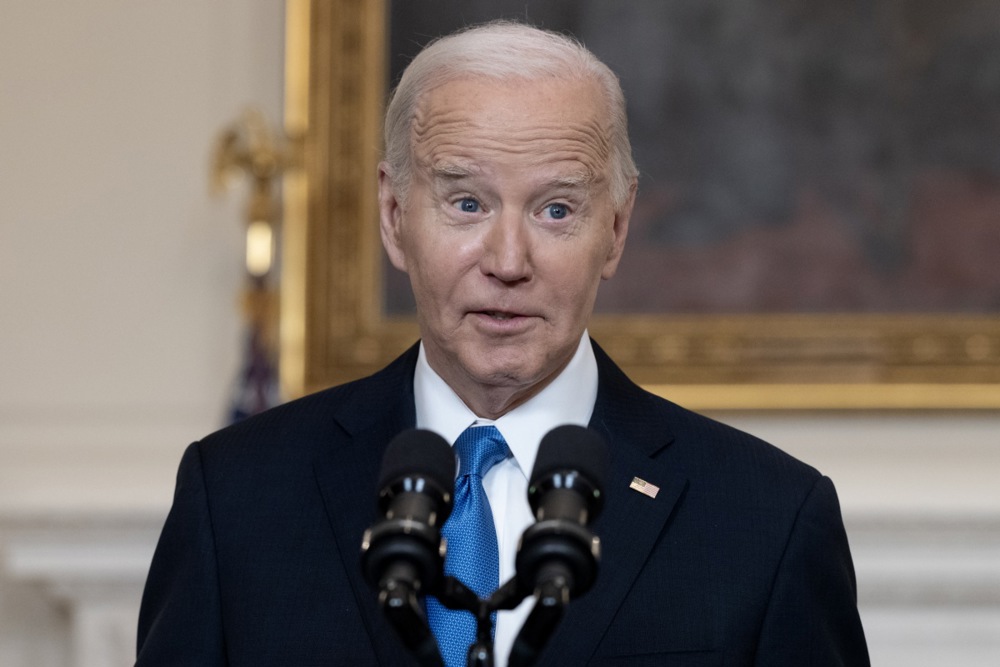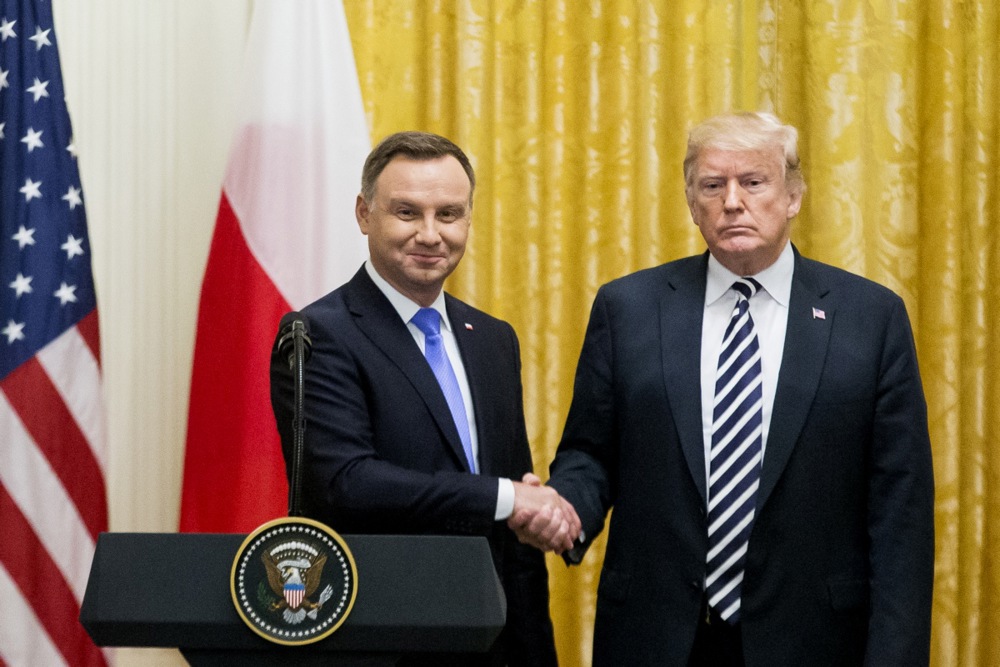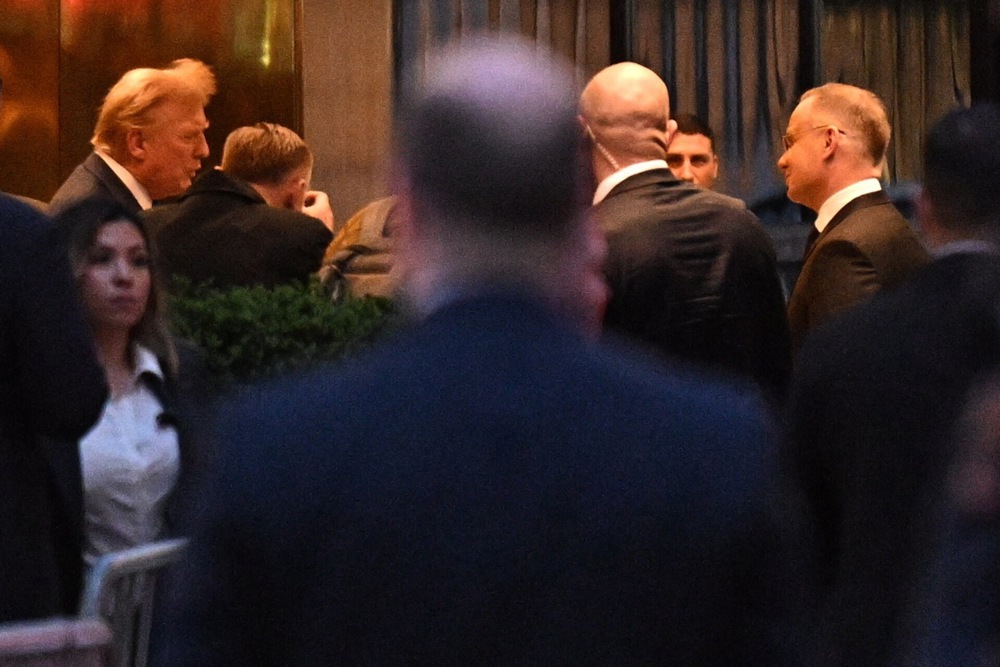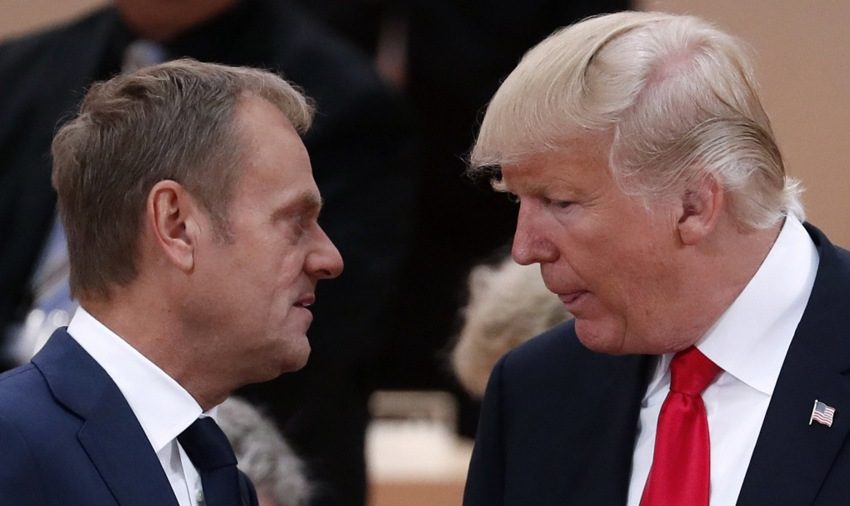Polish Prime Minister Donald Tusk’s declared stance that it is he and not the opposition Conservatives (PiS)-backed President Karol Nawrocki who represents Poland on the world stage has been left in tatters.
That was following the intervention of US President Donald Trump, who demanded that Nawrocki and not Tusk participate in talks between him with European leaders.
Nawrocki joined the call with Trump and European chiefs to discuss the war in Ukraine on August 13, just two days in advance of Trump’s Alaska summit with Russian President Vladimir Putin.
Poland received Trump’s request for Nawrocki to represent Poland just hours before the call via the German Chancellor Friedrich Merz. Trump has also invited Nawrocki to visit the White House on September 3.
The absence of Poland’s veteran Prime Minister and former president of the European Council was surprising, particularly as Tusk had earlier participated in a video conference with European heads that same day to prepare for the Trump call.
Commentators in Poland and the US have noted, though, that Tusk in the past has called Trump a “Russian asset” and that Trump reacted to Tusk’s questioning of the Nawrocki result in the spring by sending a US government delegation to the his inauguration on August 6.
Trump’s first administration (2016-2020) established a good relationship with the previous PiS government based on sharing common positions on issues such as increasing defence spending, migration and scepticism of closer EU integration.
During Nawrocki’s victorious election campaign, he received support from Trump allies, including Homeland Security Secretary Kristi Noem who spoke for him in Poland and he met briefly with Trump in the Oval Office on May 2, just a month before his election win.
Nawrocki, during the call with Trump and European leaders on April 13, used the occasion to argue for the US to maintain a tough stance towards Russia. He reminded Trump about how Poland on August 15 in 1918 had won a battle that saw Bolshevik Russia pushed back by Polish and Ukrainian forces, rendering plans for an invasion of Germany impossible and urged the US president to act in that spirit during talks with Putin.
“President Trump, stop the Bolsheviks on August 15, 2025, just as Poland did — with the participation of Ukrainian soldiers — on August 15, 1920!,” Nawrocki was reported as saying during the call.
In another call with Trump and European chiefs held the day after the August 15 meeting between Trump and Putin, Nawrocki was once again invited over Tusk and said that Putin’s feet have to be held to the fire on any settlement because the Russian President “has a record for failing to honour agreements”.
Tusk made light of being excluded from Trump’s call, declaring that traditionally US presidents preferred to deal with heads of state but Trump’s move was a blow to Tusk’s narrative that his government was fully in control of Polish foreign and security policy.
Nawrocki has had a highly visible first 10 days since his inauguration on August 6 on the domestic front, too, with the submission of legislative proposals on tax and the construction of Poland’s central airport near Warsaw as well as flying visits all over Poland to publicise his agenda.
According to the Polish Constitution, it is the government that is responsible for Polish foreign policy but in consultation with the president, who is the head of the armed forces and who has the final say over the hiring and firing of ambassadors.





